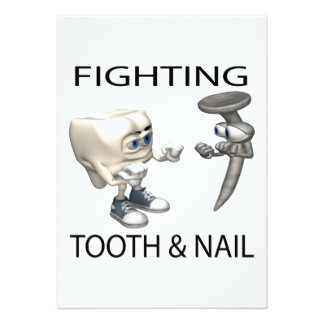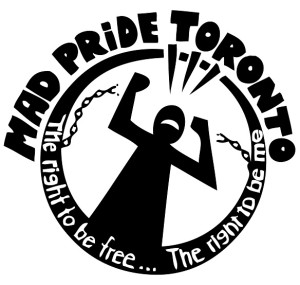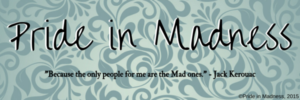I fought tooth and nail to not be the depressed person I was told I was. A youth psychiatrist, in 2005, told me that I would never recover and would need medication for the rest of my life. I didn’t know any other way, except what the psychiatrist told me, and I  hated that way. I used to think I was sick, I was told I was sick and people seemed to dislike me because I was sick. Even the quest to make me “not sick” made me feel worse and affected how people saw me, and not for the better. For me, a diagnosis of a mental illness was a damned if you do and damned if you don’t situation.
hated that way. I used to think I was sick, I was told I was sick and people seemed to dislike me because I was sick. Even the quest to make me “not sick” made me feel worse and affected how people saw me, and not for the better. For me, a diagnosis of a mental illness was a damned if you do and damned if you don’t situation.
 The day I learned about Madness was the day I stopped being sick. It was the day I began to heal from my past wounds caused by psychiatry, society and myself. It was the day I found myself. It was the day I found my value and strength. Madness opened me up to a rich history of people who have felt, thought and experienced things differently and were celebrated not labeled as sick. Madness taught me about neurodiversity, that all of our brains have different structuring and levels of functioning and are supposed to be that way. And Madness taught me about sanism and how what I was condemned to be, a sick, depressed person, was the result of discrimination and not a flaw on my part.
The day I learned about Madness was the day I stopped being sick. It was the day I began to heal from my past wounds caused by psychiatry, society and myself. It was the day I found myself. It was the day I found my value and strength. Madness opened me up to a rich history of people who have felt, thought and experienced things differently and were celebrated not labeled as sick. Madness taught me about neurodiversity, that all of our brains have different structuring and levels of functioning and are supposed to be that way. And Madness taught me about sanism and how what I was condemned to be, a sick, depressed person, was the result of discrimination and not a flaw on my part.
The Mad Pride slogan, “The right to be free, the right to be me,” spoke to what I have always felt as a young person and now as an adult. While the medical community was telling me to change, Madness was telling me to love all of myself and see how my emotional differences are what enrich my life and add to our world. Of course, I have worked hard to change the more painful aspects of myself. I have done things that have hurt myself and others. That’s what it is to be human. I am not perfect. We should all strive to be our best, whatever that may be.

I created my blog, Pride in Madness, to empower myself and others. Identifying as a Mad person has brought great joy to my life and I wondered if it could do the same for others. The shame so many people feel over having a mental illness diagnosis is immense and Mad Pride is not often discussed. Through my writing I have pushed boundaries that have made some people angry but for the most part my followers share their stories of hope after reading something I have written. Some who read my blog have searched out Mad Pride events or similar thought groups in their own communities.
This is my experience with Madness. We will all have different stories and I hope that at Mad Pride Toronto 2016 that you have the opportunity to share and continue your story. Each of our experiences is valuable in changing how society views Madness, how we see ourselves and strengthen our community.

Permalink
Permalink //
I found out how to credit Kristin for her image 🙂 thought I would let you know x thanks again for the post 🙂
Permalink